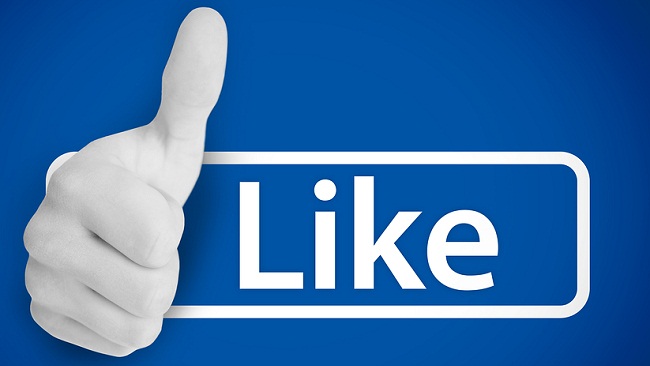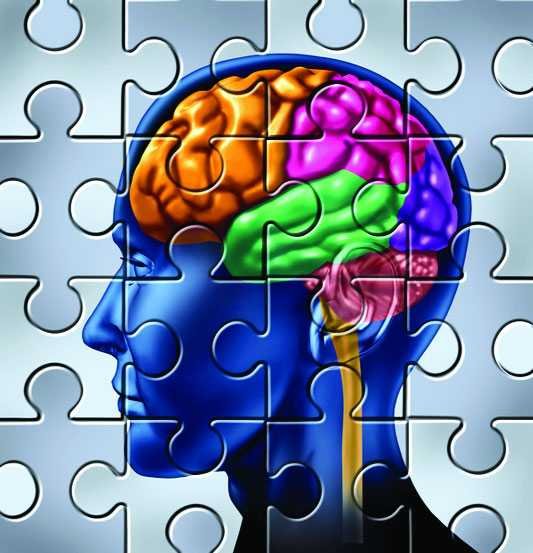
Human civilization has passed through the ancient era, the Middle Ages, the modern era of the Facebook era! Like this, the likes, shares, comments and logins of the current packing of information technology. There is no permanent login. People come back to Facebook, being an unknown hypnotist, repeatedly. but why?
Once for a minute, entered the Facebook suddenly noticed the hour passed! Why is that so? It's not like that. On the back of an eighteen-year stint on Facebook, the science of psychology and the psychology of the psychology.
The research is going on in Facebook, like the likes, posts, comments, shares, and even just everyone else's posts on Facebook. Most researchers believe that they like to follow, compose, share and post certain sections. In addition to Facebook that draws us like a magnet, there are many types of mentality.

Brain chemistry
Social media, especially on Facebook, what kind of reaction is in our brains - researchers have long been looking for answers to this question. Recent studies have shown that there is actually a close relationship between Facebook and people's brain 'Reward Center'.The brain's 'Reward Center' is called 'Nucleus Accumbens', which actually gives us the feeling of feeling in our mind. For example: We like money, sex, food and social acceptance - our 'Nucleus Accumbens' gives clearance to those feelings.
In the same way, if we receive positive feedback on Facebook, 'Nucleus Accumbens' responds. The higher the positive feedback, the more we will be eighteen times in the face of the brain's prize distribution center. Actually, we love Facebook so much for Nuclear accumbens.
.jpg)
Solidarity with passion-feeling
The Pew Research Center of Washington DC has researched the lives of American people in social media. According to them, 44 percent of people are 'liked' at least once a day in their contacts.29 percent of the people do this work several times a day. In fact, the 'Likes' option is the easiest way to express solidarity with people's feelings on Facebook. When you click on this object, your opinion or wish was met with it.
In an article published in 'Psychology Today', researchers' opinion, social media, especially those who spend more time on Facebook, have more power to express their solidarity with people's emotions in the virtual world.The potential of the virtual world has its effect on their real life. But Facebook's 'Like' is like retail money. You can spend as much as you want, but it is better not to expect too much in return.
Why do I comment?
We have commented on something on Facebook. One study found that the ability to have comment or text communication more than just like. That is, a better comment than ten likes will make you close to the Facebook community. US researcher Moira Berk recently said in a study that 'like' on Facebook was 'like''One Click Communication' and comment or chat is 'Composite Communication'. According to him, 'One Click Communication' does not end human loneliness. Composed Communication is much more effective than that. Apart from this, there is more to comment on Facebook than to talk about 'liike'.
In the back of the status ...
Researchers at the University of Arizona have said that any type of status expression on Facebook is the outline of our thinking. With the status, we maintain social contacts in the virtual world. According to researchers, those who have more status on Facebook suffer from less loneliness. It does not have any likes or comments in the status!However, for those who have low status, the difference is different. When they do not like the status or comment, they think that they have no position or acceptability in society.
Why do you share?
According to the New York Times, we share something fun or educational, in the interest of sharing. Of these, 68 percent share their mentality and personality. Because, depending on what type of post you are sharing, you can verify the rest.Apart from this, we also offer shares for holding or for self-control. In addition to creating awareness on social issues, we share the number of post-daily studies of 84 percent of such people.

really nice and well educative post .
Downvoting a post can decrease pending rewards and make it less visible. Common reasons:
Submit
thanks
Downvoting a post can decrease pending rewards and make it less visible. Common reasons:
Submit
Really nice post @protik. Keep it up.
Downvoting a post can decrease pending rewards and make it less visible. Common reasons:
Submit
Upvoted and resteemed . Nice writing
Downvoting a post can decrease pending rewards and make it less visible. Common reasons:
Submit
Very good post :)
Downvoting a post can decrease pending rewards and make it less visible. Common reasons:
Submit